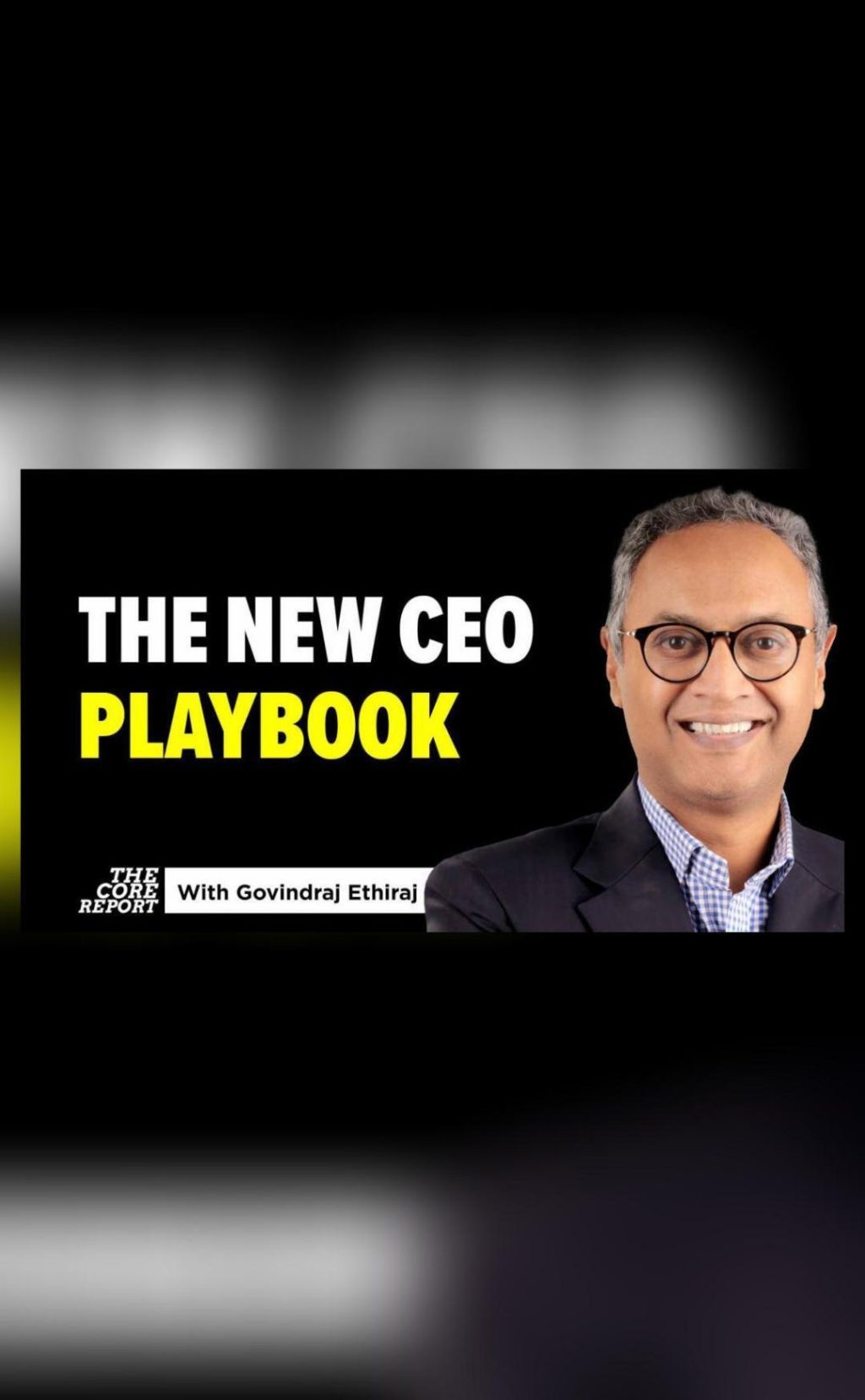
The New CEO Playbook: AI Pressures & Global Tariff Shocks
In today’s fast-paced business landscape, CEOs face an unprecedented array of challenges. From the relentless march of artificial intelligence (AI) reshaping industries to the sudden and unpredictable impacts of global tariff shocks, leaders must adapt and evolve to remain competitive. With no guarantee of stability, companies are being pushed to localize, adapt, and reconsider long-held business models.
Internal Pressures: The AI Imperative
The AI revolution is transforming industries at an unprecedented pace. As AI capabilities improve, companies must accelerate their own adoption and integration of these technologies to remain competitive. This internal pressure to automate and innovate is driving CEOs to reassess their organizational structures, talent acquisition strategies, and operational processes.
According to a recent McKinsey report, AI has the potential to increase productivity by up to 30% in certain industries. However, this requires significant investments in training, talent development, and cultural transformation. CEOs must balance the need for innovation with the risk of disruption and job displacement.
External Pressures: Tariff Shocks and Trade Uncertainty
Global trade policies have become increasingly unpredictable and volatile. The ongoing trade war between the US and China, as well as the Brexit uncertainty in Europe, have created a perfect storm of tariff shocks and trade uncertainty. CEOs must navigate these external pressures to maintain supply chains, manage risk, and adapt to changing market conditions.
The impact of tariffs can be significant. According to the World Trade Organization, the US-China trade war has resulted in a 10% decline in global trade. This decline has far-reaching consequences for businesses, including reduced revenue, increased costs, and decreased competitiveness.
Rethinking Strategy and Operations
In response to these internal and external pressures, CEOs are being forced to rethink their strategy and operations. This requires a deep understanding of the company’s strengths, weaknesses, opportunities, and threats (SWOT analysis) and a willingness to adapt and evolve.
Some key strategies CEOs are employing to navigate these challenges include:
- Localization: Companies are focusing on localizing their operations, products, and services to minimize the impact of tariff shocks and trade uncertainty.
- Digitalization: The acceleration of digital transformation is enabling companies to adapt quickly to changing market conditions and reduce their reliance on global supply chains.
- Innovation: CEOs are investing in research and development to drive innovation and stay ahead of the competition.
- Diversification: Companies are diversifying their revenue streams, product offerings, and geographic presence to reduce dependence on any one market or sector.
The New CEO Playbook
In this new era of AI pressures and global tariff shocks, CEOs must be agile, adaptable, and forward-thinking. The new CEO playbook must prioritize:
- Cultural Transformation: CEOs must create a culture that is open to change, innovation, and experimentation.
- Digital Literacy: Leaders must have a deep understanding of AI and its applications to drive business growth and transformation.
- Strategic Risk Management: CEOs must develop strategies to mitigate the impact of tariff shocks and trade uncertainty.
- Innovation and R&D: Companies must invest in research and development to stay ahead of the competition and drive business growth.
Conclusion
The new CEO playbook is not a one-time event, but rather an ongoing process of adaptation and evolution. As AI reshapes industries and tariff shocks disrupt trade, CEOs must be prepared to rethink their strategy and operations to remain competitive. By prioritizing cultural transformation, digital literacy, strategic risk management, and innovation, CEOs can navigate these unprecedented challenges and position their companies for long-term success.
Watch the full video:






